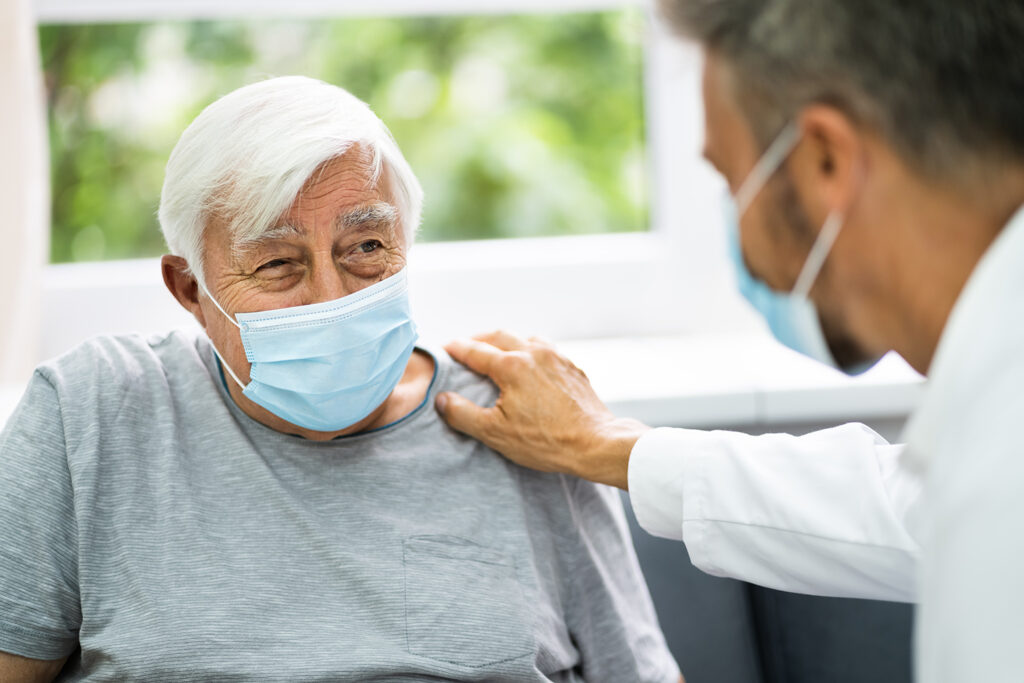
A growing number of hospitals are outsourcing often-unprofitable outpatient services for their poorest patients by setting up independent, nonprofit organizations to provide primary care.
Medicare and Medicaid pay these clinics, known as federally qualified health center look-alikes, significantly more than they would if the sites were owned by hospitals.
Like the nearly 1,400 federally qualified health centers — which get those additional dollars as well — a clinic designated by the government as a “look-alike” is also eligible for federal programs that could help reduce costs and recruit providers. They allow the clinics to obtain prescription drugs at deep discounts and attract doctors by making them eligible for a government program that helps them pay off their student debt if they work in an area with a shortage of medical providers.
But unlike the community health centers, the look-alikes do not get an annual federal grant to cover operational costs. Nor do the look-alikes get the financial benefit in which the federal government covers their malpractice risks.
Even though they are not part of a hospital system, many of the hospital-formed look-alikes have clinics on hospital campuses or within a short distance. As a result, the clinics can help divert patients without urgent needs from expensive emergency rooms.
That helps reduce losses, especially from uninsured patients who might have been using the ER for primary care. Converting clinics to look-alikes is also often a strategy for hospitals that have a high proportion of patients enrolled in Medicaid, which generally reimburses hospitals at lower rates than commercial health plans do, said Jeffrey Allen, a partner with the consulting firm Forvis. “It’s a trend that’s gaining momentum,” he said.
Hospitals are betting that they will come out ahead by spinning off a money-losing service and providing grant funding to the look-alike to keep it solvent, he said. At the same time, hospitals expect many patients from the look-alike clinics who need to be admitted for services or require specialized care to be routed to their hospitals, he said.
Nationally, 108 look-alike health centers operate today, an increase from 87 in 2020, according to the federal Health Resources and Services Administration. The majority were not started by hospitals.
KHN (Kaiser Health News) is a national newsroom that produces in-depth journalism about health issues. Together with Policy Analysis and Polling, KHN is one of the three major operating programs at KFF (Kaiser Family Foundation). KFF is an endowed nonprofit organization providing information on health issues to the nation.

